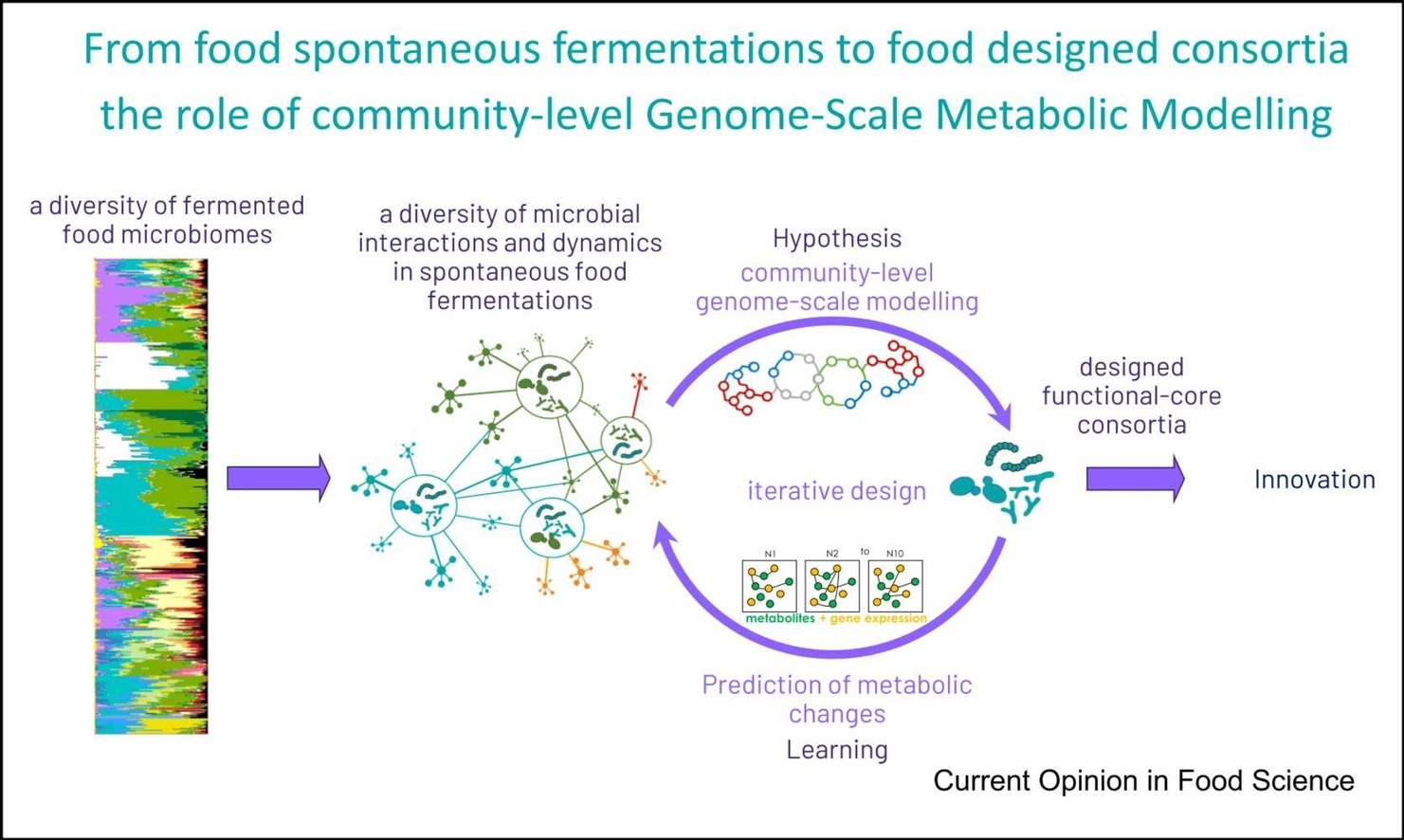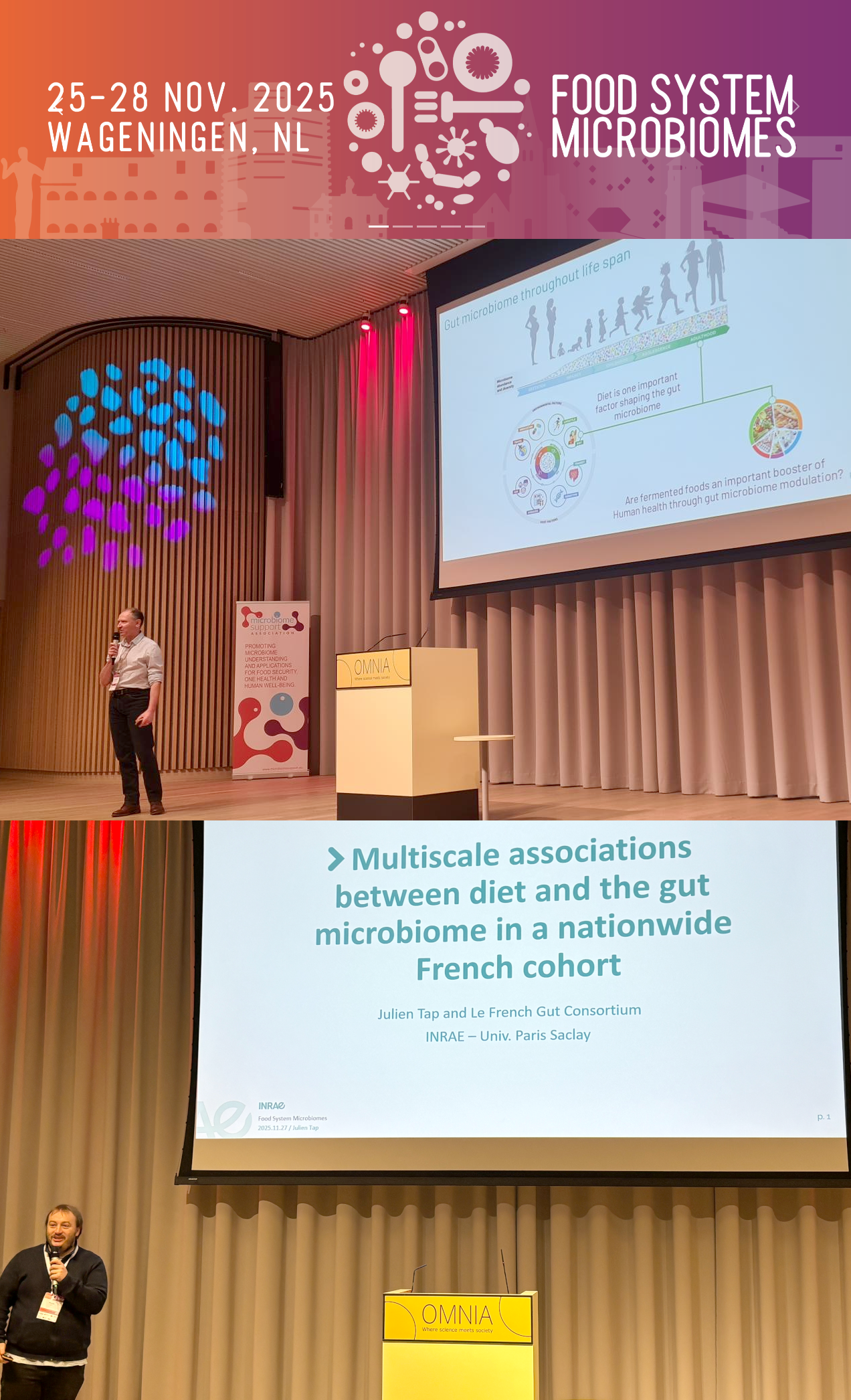Published: Jun 27, 2023 by FME Lab
In our contribution to the last Microbiome Support CSA review, coordinated by A. sessitch and T. Kostic1, we reveal the critical roles of microbiomes in maintaining ecosystem health and their extensive interconnectivity across different environments. These diverse microbial communities are exchanged constantly, affecting everything from climate regulation to human health.
While some transfer events may be harmful, such as the spread of pathogens, our study highlights the significant positive impacts of microbiome exchange. Transferred microbes can introduce novel functions beneficial for ecosystem adaptation and human health.
Advanced sequencing technologies now allow us to rapidly examine these complex microbiomes and trace the transmission of individual strains. We argue for a holistic approach to fully comprehend the dynamics of microbiome transfers and their far-reaching implications.
Acknowledging this microbiome interconnectedness can lead to novel strategies for improving health and planetary wellbeing. It’s a fascinating, interconnected world out there, and microbiomes are playing an integral part. Let’s not overlook them!
-
Sessitsch A, Wakelin S, Schloter M, et al. Microbiome Interconnectedness throughout Environments with Major Consequences for Healthy People and a Healthy Planet. Microbiol Mol Biol Rev. 2023;e0021222. doi:10.1128/mmbr.00212-22 ↩


